Over the past month, the government has ended the controversial Help to Buy scheme and launched its £5bn homebuilding fund, which will be available to both small private housebuilders and housing associations.
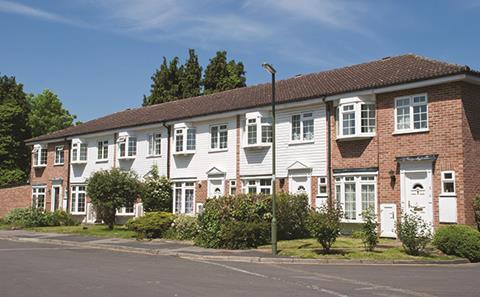
The government seems to have realised that the only way it stands any chance of meeting its one million homes per year target by 2020 is by supporting a broad mix of tenures.
But if the UK is going to build more homes for rent, with housing associations playing an active role, some landowners will need to ditch their prejudices.
Many landowners dismiss the idea of selling their sites to housing associations. They assume that a private developer will pay a higher price, because it will be selling the finished units into the private market, rather than developing a mix of tenures.
While this might be true of the most expensive areas of central London and the Home Counties, it is not necessarily true elsewhere.
Profitability versus efficiency
Private housebuilders are in business to make as much profit as possible, and that profit margin will always be factored into any price they pay for their site.
Equally, private housebuilders have to make their properties as marketable as possible - by, for instance, providing up to two or three car parking spaces per property. This takes up a large amount of space on a site, which will have a detrimental effect on the number of units that can be obtained in the planning process.
Housing associations are less restricted by the private sector’s requirements and so in many cases can design a much more efficient scheme making full use of the site and increasing the number of units.
It all adds up to housing associations being more than able to pay a competitive market price for the land they need.
Brian Culank, director, Bramble Estates
























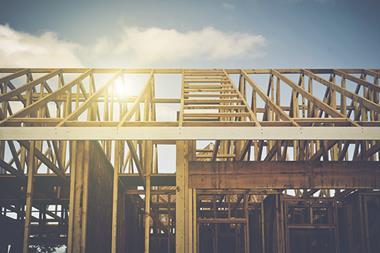
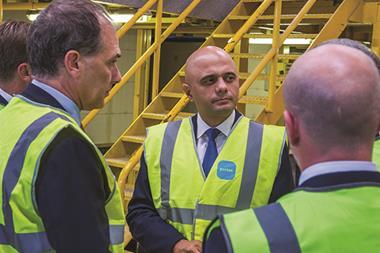
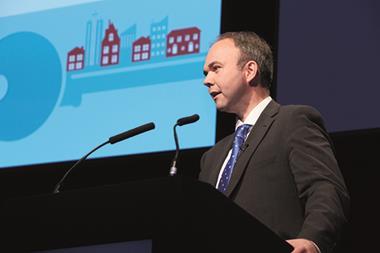
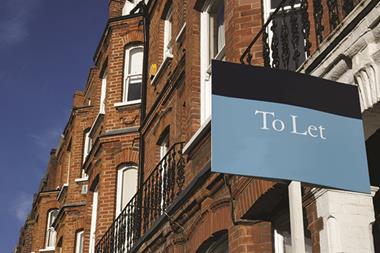

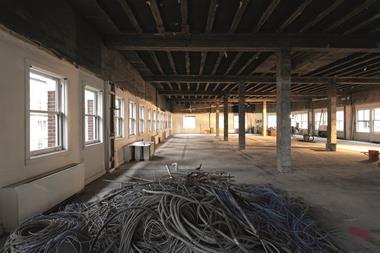
No comments yet